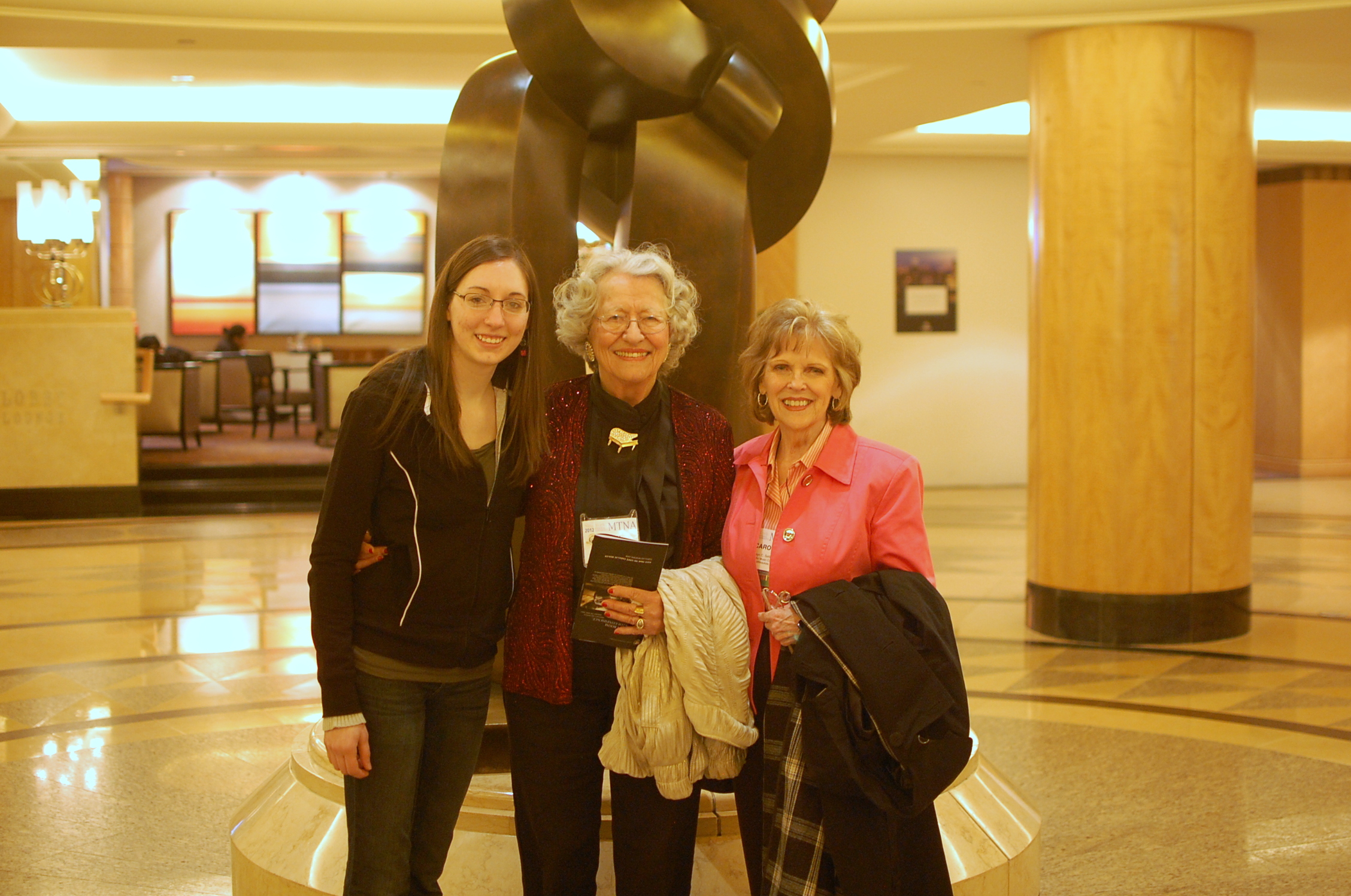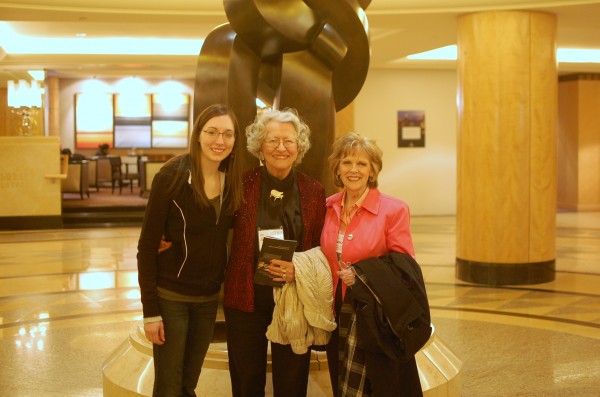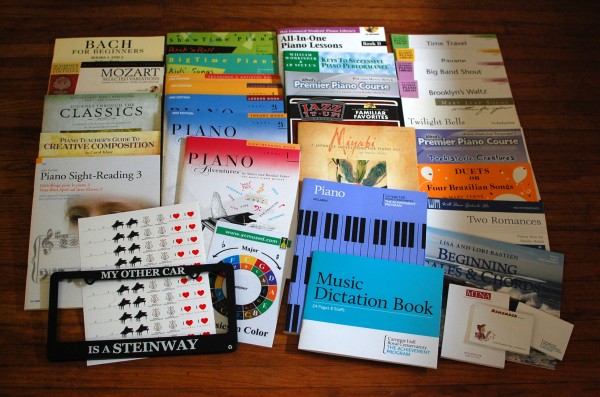Over the weekend, I attended the 2012 OhioMTA Conference in Columbus, Ohio. It was a great conference, far exceeding my (already high) expectations! We heard some top-notch presenters and performers and I learned so much. I plan to briefly summarize some of the sessions for you over the next few days!
The theme of the conference was “The Healthy Musician: Teaching, Performing, Living.” Here is some info about the first session I attended.
Experiential Anatomy: Using Mind-Body Methods To Increase Awareness for Injury Prevention, Rehabilitation, and Overall Wellness in Musicians, by Lynn Singleton, NCTM.
 Lynn began by sharing her own experience with feeling discomfort at the piano, and how she was able to solve her problems away from the piano. Injury prevention and overall wellness requires a willingness to take self-responsibility. Our body at the instrument can only be as good as our body away from our instrument!
Lynn began by sharing her own experience with feeling discomfort at the piano, and how she was able to solve her problems away from the piano. Injury prevention and overall wellness requires a willingness to take self-responsibility. Our body at the instrument can only be as good as our body away from our instrument!
Lynn discussed the advantages of “experiential anatomy,” which is basically about increasing body awareness so that we can more correctly use our bodies. Tension arises from many sources: emotional/mental (like stress, fear, lack of self-esteem), physical (habitual movements, injury, compensation for pain), and social/environmental sources (posture in the work environment while using things like computers, cell phones, etc.). Mind-Body Methods can help us get past obstacles and improve kinesthetic sense. Continue reading “OhioMTA 2012 Conference (1): Experiential Anatomy by Lynn Singleton” →



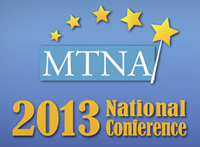


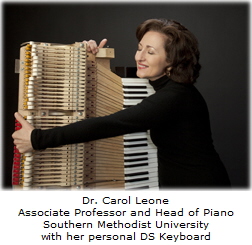

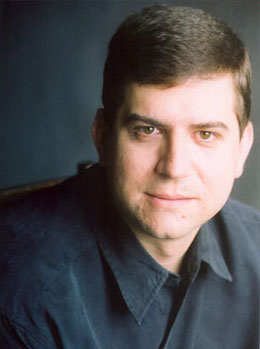
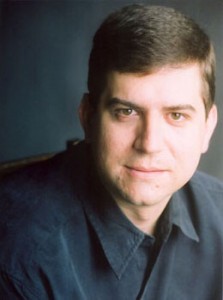
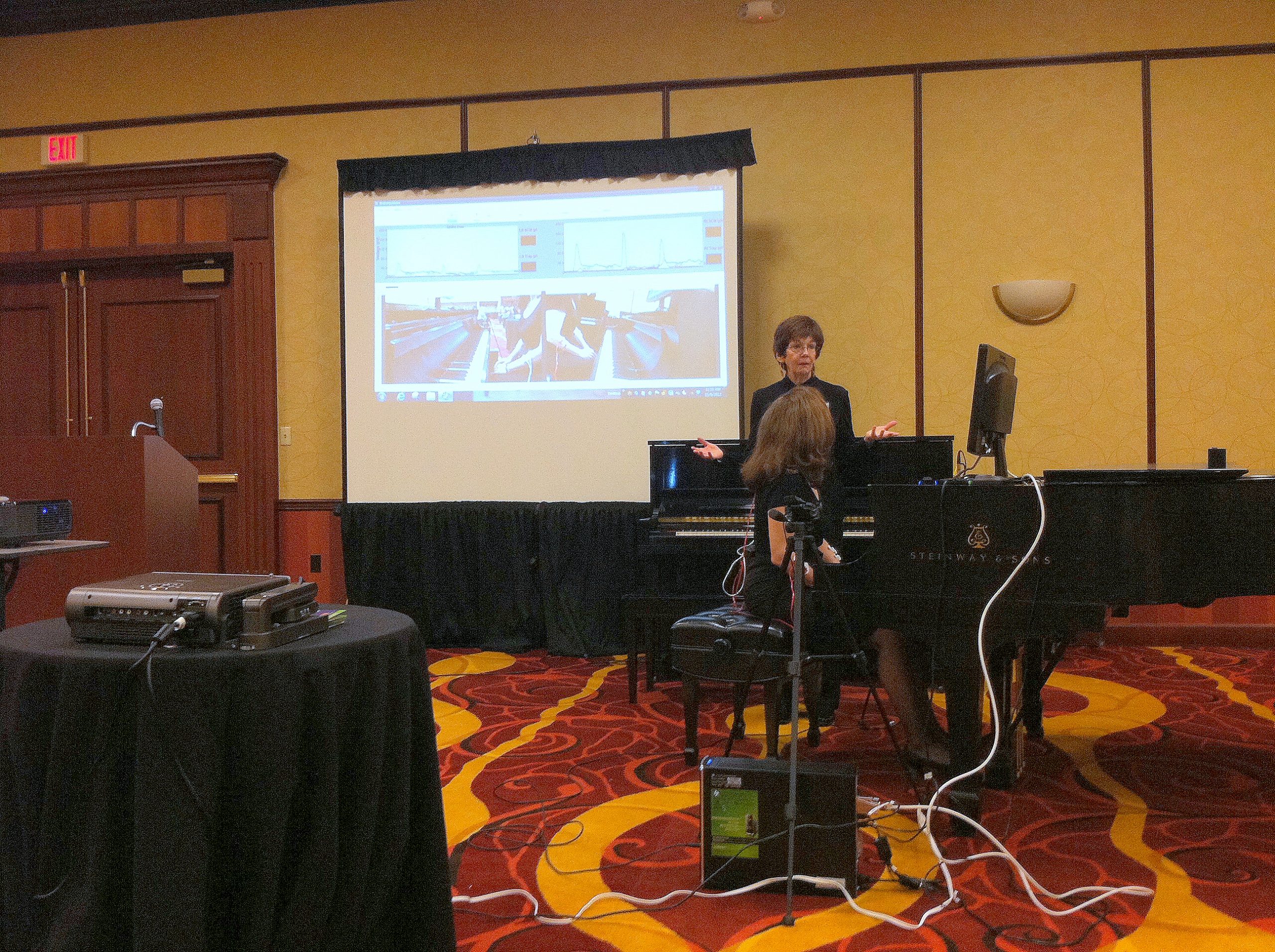
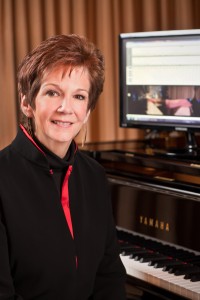
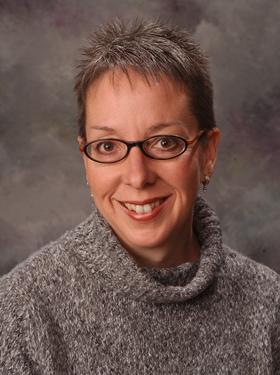

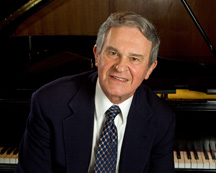 Last October, well-loved pedagogue Marvin Blickenstaff appeared at the Ohio Music Teachers Conference I attended. I blogged a summary of
Last October, well-loved pedagogue Marvin Blickenstaff appeared at the Ohio Music Teachers Conference I attended. I blogged a summary of 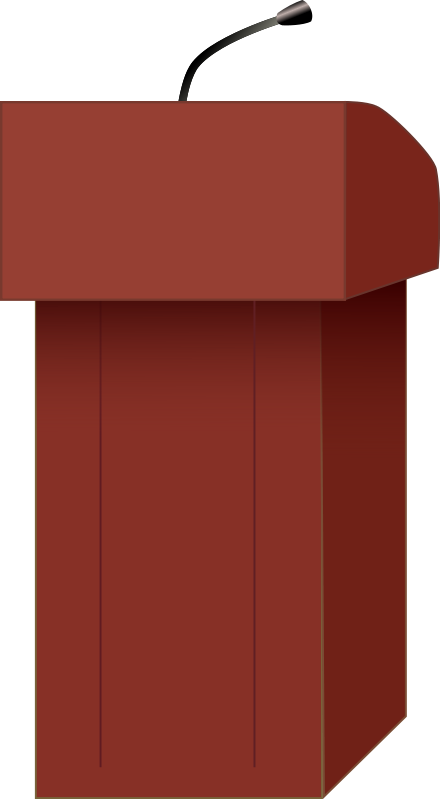
 The last Forum Q&A post was about assignment notebooks/pages for students. It was wonderful to read all the great responses!
The last Forum Q&A post was about assignment notebooks/pages for students. It was wonderful to read all the great responses! 